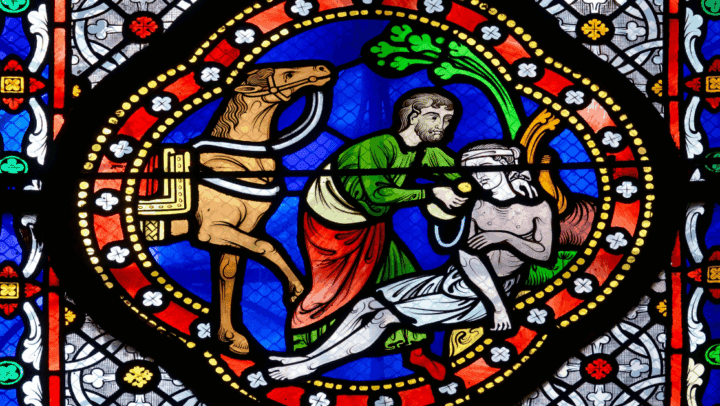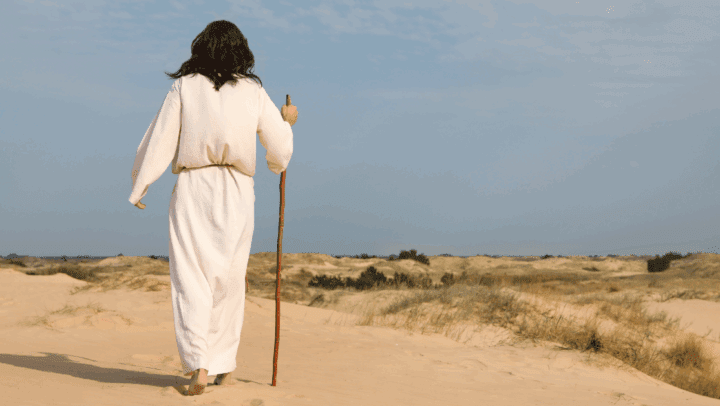Fr. Bob’s Homily – 30th Sunday in Ordinary Time
In 1967, a book was published titled, “I’m OK, You’re OK.” It sold hundreds of thousands of copies and became very popular. It stayed on the bestseller list for months. Why did it cause such a stir? After all, the author wasn’t revealing anything we didn’t already know. So why did so many people feel compelled to read it?










